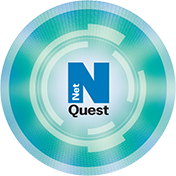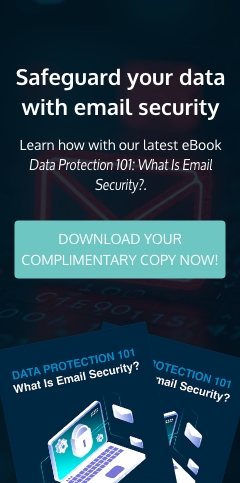Nowadays, more and more legal practitioners are taking advantage of modern tools that help them do their job more efficiently. It’s no longer just a bonus for lawyers to be tech-savvy — technology is now a nonnegotiable aspect of their work.
But how exactly can technology help lawyers win their cases? Consider the following tools:
#1. Social media
Back in the day, legal practitioners had to go through countless documents, text messages, and call logs to find evidence against the other party. This can cost a lot of time and money.
But thanks to social media, this can be done from the comforts of the office or home. Most people don’t bother modifying their account’s privacy settings, which can backfire when their publicly displayed personal information is used against them
Note that it is legal in most US courts to use social media posts as evidence, so any information can be used against another person.
In Largent v. Reed (2011), plaintiff Jennifer Largent claimed that a vehicular accident caused her severe mental and physical pain. During the litigation, defendant Jessica Reed presented the court with Largent’s post-accident photos posted on her Facebook account, showing that she was capable enough to engage in daily activities. The court then asked the plaintiff to provide her Facebook login credentials for further investigation.
#2. Mobile applications
Before the era of smartphones, lawyers collected information using notebooks or tape recorders. They had to keep up with their client’s dictation, filter necessary information, and plan their strategy all at once.
Today, lawyers can collect information by pushing the record button on their smartphone and determine key points immediately. Apps such as OneNote and Evernote can even transcribe audio to text in real time, making it easier for attorneys to review a person’s statements.
#3. Word processors
Using typewriters and writing things down by hand are not necessarily used for drafting documents, they're more for filling out forms or typing addresses on envelopes for mailing.
For instance, if an attorney is drafting a document for a case similar to a previous one, they can use templates in Microsoft Word instead of starting from scratch, saving a lot of time and effort. Word makes it easy to add footnotes, citations, cross-references, and a table of contents, as well.
Legal practitioners can also check their spelling and grammar, and share their documents to paralegals. They can ask for suggestions by providing a link to users who can comment, suggest new ideas, and correct document errors.
#4. Electronic filing
Before, attorneys had to leaf through numerous cabinets to find necessary case files. They also needed to manually organize their files, which can be tedious and time-consuming.
But thanks to technology, filing a new case is as easy as creating folders and labeling them (e.g., Smith v. Lopez). The system will automatically organize the documents alphabetically for easy retrieval.
#5. Legal software
Technology has also eased legal research. Software such as LexisNexis and Westlaw Edge has advanced search features that help lawyers find information relevant to a particular case.
For instance, machine learning helps legal practitioners find ancillary topics relevant to their query, spot connections between unrelated subjects, and offer suggestions to search terms.
For example, a lawyer is dealing with a case regarding their client looking into getting an abortion in a state where the act is illegal. A quick online research will produce results that will likely include Roe v. Wade (1973), which contains highly relevant information to the case.
NetQuest can help your Baltimore law firm make the most of legal technology. Our services ensure that your electronic resources are protected and software is properly integrated and optimized for maximum reliability. To learn more about managed services and how we can help your business, download our FREE eBook today.
Learn more how we can help your business!
Our hope is that by providing you with the information to necessary to diagnose your own IT struggles, you’ll remember us when it comes time to select your new technology partner. Until then, enjoy some free advice from the technicians at NetQuest!



